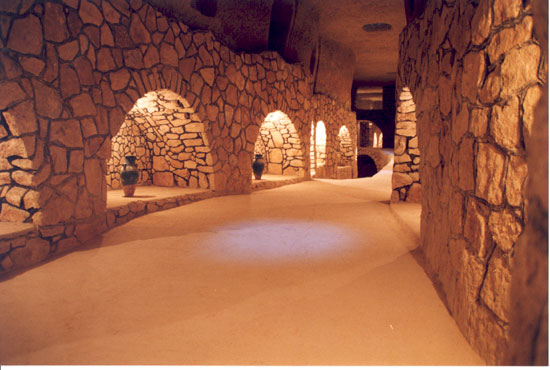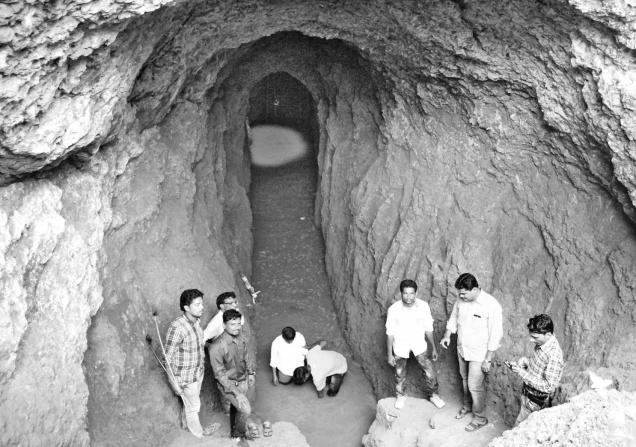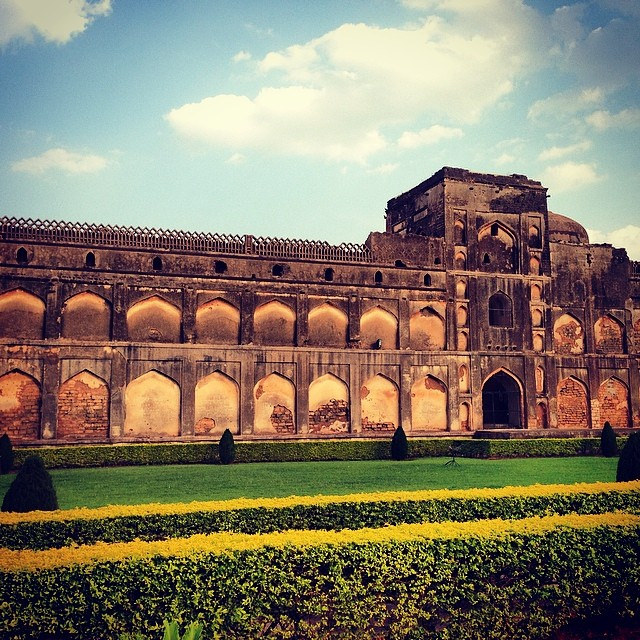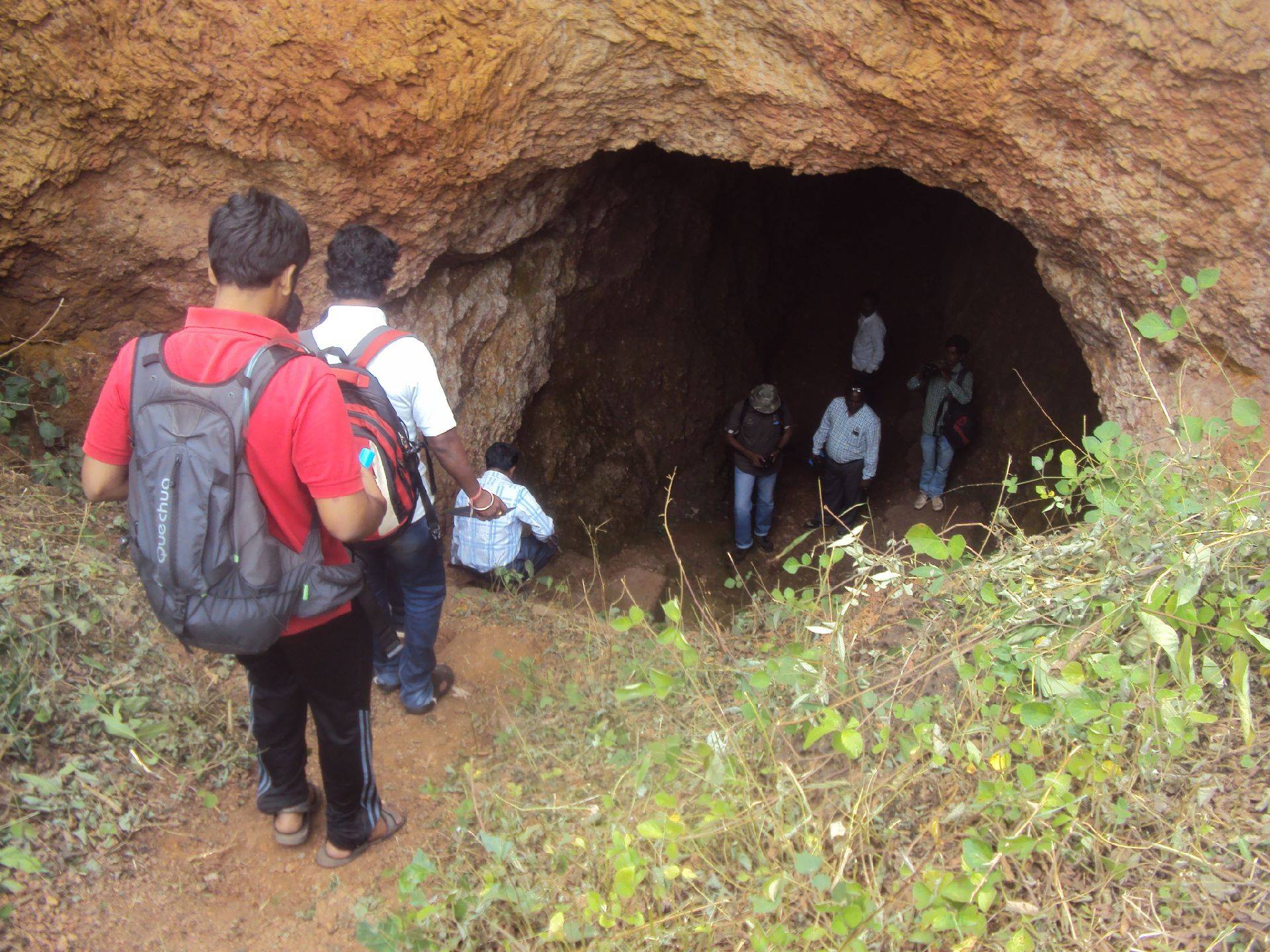Karez: Experience the Spectacular Persian Heritage
It is life, I think, to watch the water. A man can learn so many things.
Nicholas Sparks
It is this water that has sustained civilizations for eons and it is this knowledge that their survival depended on it made them built landmark water harvesting systems.
One of the oldest civilizations in the world, Mesopotamia, the land between the rivers Tigris and Euphrates, was the first to complete successful efforts to control the flow of water. In ancient Egypt, the construction of canals was a major endeavor of the pharaohs and their servants.

Like Egypt, Mesopotamia and Iran, many civilizations across the world are known to still continue to provide reliable supply of water for human settlements and irrigation in hot, arid and semi-arid climates.
Known as falaj In Oman, khettara or foggara in North Africa, karez or kanerjing in the northwestern desert of China, and karez in Afghanistan, Pakistan and Central Asia, this ingenious technology exists in more than 34 countries. According to an article by Middle East Institute, in Iran alone, there are an estimated 50,000 qanats, nearly three-quarters of which are still working. In Oman, there are more than 3,000 active qanats.
India is among these 34 countries where you can find one of these historic qanat system (also known as Karez). Bidar district in India, located on the northern edge of Karnataka state, you can explore traces of this legendary ‘Karez’ system which was estimated to have been constructed during the Bahmani Period (1347- 1518 AD).

The history dates back to 500 years when the karez systems were built during the reign of the Muslim dynasties that descended from Persia. They brought along with them experts and engineers who then oversaw the construction of this incredible harvesting technology.
To explain how the karez or qanat technology works: It is a system that taps into the ground water sources (or natural springs) and carries it through an underground tunnel to a settlement, and accumulates in the surface canals and pools in the village to be used further for various purposes.

According to information provided by the Indian Heritage Cities Network Foundation (IHCN), The Karez system is one of the most environmentally sustainable historical traditional water supply systems devised which is today on the verge of destruction and disappearance from India and therefore this heritage need urgent attention. Since this technology is simple to maintain and is self-sustaining, it is, therefore, of great economic significance for the local population.
However, the landmark harvesting technology in Bidar needs looking after. The lack of physical conservation and maintenance of the site, both at ground level and at the level of the subterranean channels, is causing a structural instability in the shafts due to overgrown roots of vegetation, collapse or erosion of shaft lining and surface, blocking of vents due to waste dumping, among other things.
Moreover, recent urbanization and residential development in the area has further compounded these issues. Unfortunately, there has been very little scientific or historic research into these kinds of systems at a regional scale and therefore there viability as sustainable sources of water remains unknown.
Clearly, these efforts only re-emphasize the importance of Karez system in Bidar as an important cultural heritage asset. Therefore, there is dire need at the moment to protect this 500-year old Persian water harvesting technique, from falling into disrepair or letting it dry or disappear.

To view this magnificent body of heritage, visit Bidar and experience an important tour de force of the Egyptian, Persian and Mesopotamian cultural heritage, all over again.
Go Heritage runs’s next run in Bidar is on Sunday, December 10, 2017 and all participants will received handcrafted Bidri souvenir medals. Sign up today!

